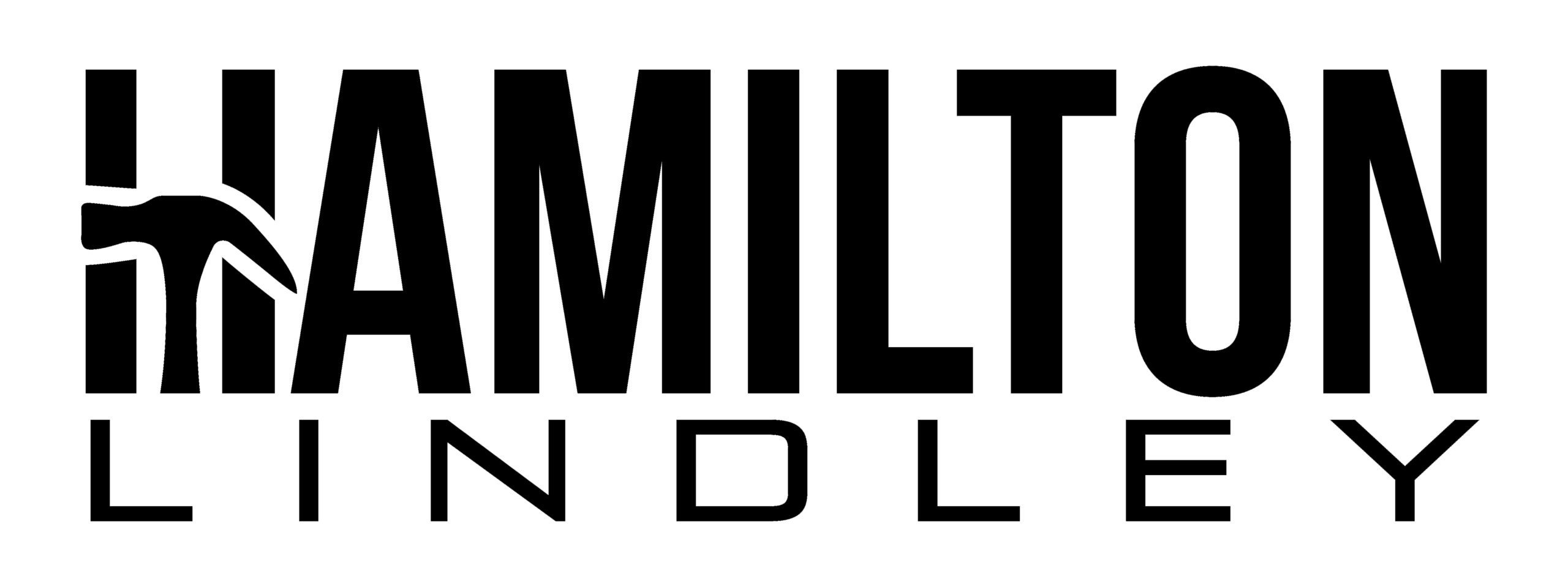With our workforce growing remote, supervisors must adapt to managing teams that work from home. Remote working demands unconventional ways to build employee engagement and accountability. The most effective leaders will discover ways to develop and keep trust with open communication and support. Leaders must build practices that empower workers to foster excellent company culture.
Accountability
Accountability and transparency are vital in business. Proper accountability leads to greater transparency and openness, a tighter focus on results, improved teamwork, effective communication, meticulous execution and follow-through, and sharper accuracy. To build accountability, the manager must micromanage less. Accountability is not about more control—it’s about more interaction.
When teams are accountable, they commit to perform an activity simultaneously and share progress. How can you build accountability in a remote environment? Use shared spreadsheets and weekly meetings. At the beginning of the week, discuss what you plan to accomplish for the week in a shared spreadsheet. This allows team members to see what others are working on, what they accomplished, and what they are concerned about for the next week. It creates an opportunity for collaboration. Then at the end of the week, have one on one meetings that wrap up what happened during the week. Ask them if anything was more challenging than it should be. Their answers will be full of the obstacles they faced this week that you can clear for the next week.
Autonomy
Give your employees freedom and independence, and they will return with enthusiasm for work. Remote workers deserve autonomy. They have the autonomy to set their work hours and locations (home, coffee shop, pool, beach). Do not evaluate your workers based on the process (did you stay till 5?) but on the outcome (did you finish the project?). You will get a refreshing surprise when you give your workers autonomy. When you give employees freedom, most will give you back far more than you expected in return.
Access
Your workers should get access and insights from you. By valuing people with generous amounts of your time and wisdom, they’ll appreciate you. Just because you can’t do it for everybody doesn’t mean you shouldn’t do it for anybody.
Develop soft skills
Remote workers must develop soft skills. Skills like adaptability, time management, creativity, and other emotional intelligence are increasingly crucial as a digital world surrounds us. When we are forced to communicate electronically, our emotional intelligence is highlighted. Like being more personal, generous, and empathetic, our most human traits are more critical than ever. This is being made clear by our electronic communications.
Focus
The result of constant distraction is stress, scattered thinking, and shallow decision making—all of which are precisely the opposite of what you require to lead well. If you want to grow your leadership and skills set in the future, concentrate on your ability to focus and encourage it within your team.
Protect at least three hours each day to do your most significant work, and let nothing distract you. One of the biggest distractions at work are emails. Set an out of office response on your email so that people understand you will not immediately respond to emails. Give a window of a couple of times a day to respond, for example, 9:00 am and 3:00 pm. Give up on multi-tasking and focus on one thing intensely at a time. Multi-tasking means no-tasking. Turn off notifications on all apps on all devices. Go to bed earlier and make the morning undistracted, productive time. Being focused will allow you to be more productive in this distracted world.
Have Fun
Remember that you need to do things besides work, while at work. Increase team engagement by asking a question of the day on Teams or Slack. Share memes. Have a daily multiple-choice trivia question. Have a virtual scavenger hunt. Play bingo. There are many fun things that you can do as a group that will build a tighter bond with your team.
Conclusion
Your team will be healthy by creating a remote culture of accountability, access, focus, and soft skills. These are methods used by high performing teams in this new work from home situation.

